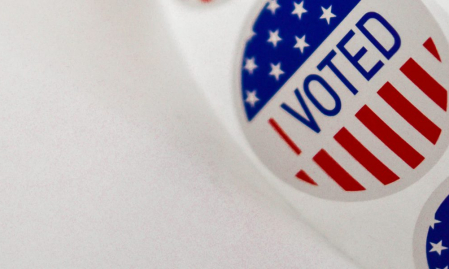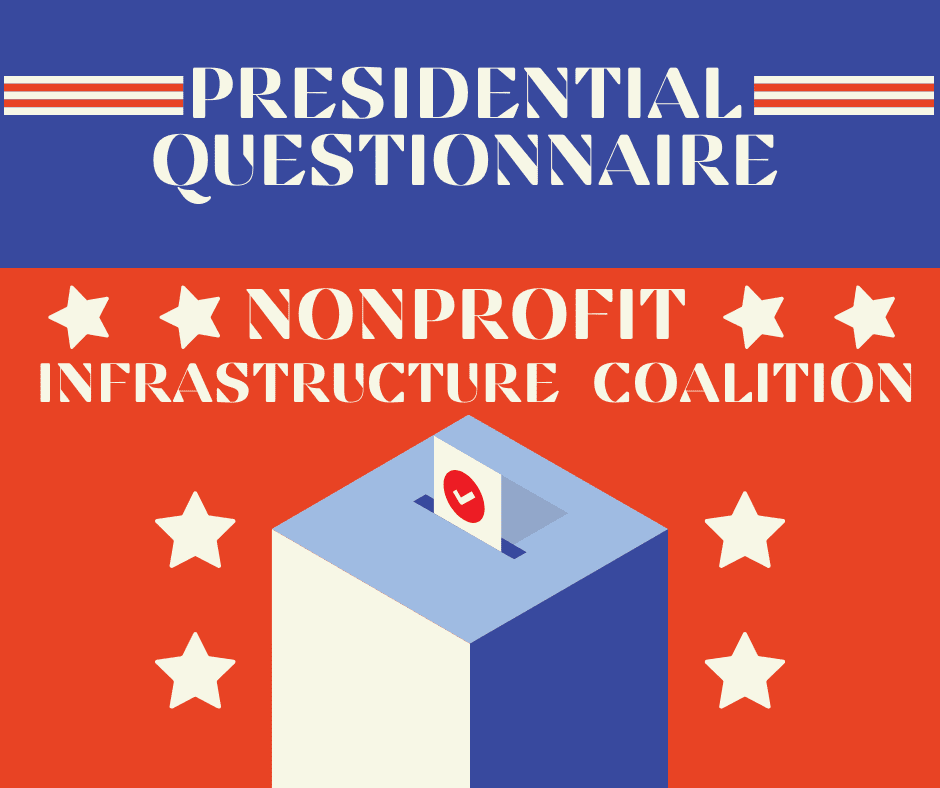[vc_row][vc_column][vc_column_text]
The Right to Vote is Not a Partisan Issue, It’s an American Issue— Act Now to Support Safe Elections.
State of Play for the 2020 November Election: “Voting is a Non-Negotiable Function of a Democracy.”
The $400 million provided by the CARES Act to accommodate voting during the pandemic covered only a small percentage of the funds needed by state and local election officials for the remaining primaries and general election. Congress must commit $3.6 billion to safeguard the electoral process.
- The COVID-19 pandemic has and will continue to have a disproportionate impact on voter participation in communities who have been affected by the health and economic crisis. Congress must act swiftly to ensure that every eligible voter can cast their ballot safely.
- State and local governments must have ample time to ensure that changes to their elections process are seamless. Therefore, the immediate appropriation of the $3.6 billion in emergency funds is critical to cover the costs associated with implementing the necessary adjustments.
- Polling places must be equipped with additional resources to improve the efficiency of our elections systems, minimize lines, and reduce exposure. Such resources include broadband and cybersecurity support, additional machines, additional staff, and larger voting spaces.
- Many people lack the access, means, and desire to partake in mail voting. Therefore, polling places must remain open, safe, secure, and in compliance with public health guidelines during this national emergency.
Nonprofits Are Trusted Sources of Information — Our Collective Advocacy is More Important Now than Ever.
Research indicates that a distinct value that nonprofits bring to the election process is that we are trusted sources of information in an election year. As the nation’s third largest employer, nonprofits are able to organize 12.3 million employees and mobilize networks of donors, volunteers, and constituents across 1.5 million organizations.
- Ensuring that constituents can vote safely and securely amidst the coronavirus pandemic is not a partisan issue, it’s American issue. Fear surrounding the pandemic has prompted last minute changes to voting procedures and fostered a fertile environment for disinformation. Adequate resources are needed to combat disinformation surrounding changes in election procedures, registration dates, requirements, deadlines, and absentee voting.
- There is strong bipartisan consensus on individual provisions in the emergency funding proposal, including expanding mail voting. Recent studies have concluded that processes like mail-in voting do not benefit one party over another.
- A recent study determined that the American public, from across the political spectrum, broadly supports this initiative as four out of five Americans believe states should give all voters the option of voting mail ballots without having to provide an excuse during the November election.
- All voters should be afforded the option to cast their ballot by mail with multiple submission options to reduce long waiting times, lines, and exposure to COVID-19. Funding to accommodate postage, paper ballots and absentee ballot envelopes costs must be appropriated to expand mail ballot processing and administrative capacity. Additionally, an immediate infusion of resources is needed for mail ballot tracking and election security initiatives.
Withholding Emergency Funding Will Result in Voter Disenfranchisement and Suppression
A recent study concluded that 67% of Americans believe that the pandemic will likely impede the ability to vote. This means that during this historical moment of deep national uncertainty, the inability to exercise your constitutional right to vote is a reality for millions of voters nationwide.
- If emergency federal funding for elections is not provided many will be forced to choose between their health and constitutional right to vote as the pandemic will impede state-level efforts to prevent voter suppression and expand access to the polls.
- Historical discrepancies within elections and minority-voter participation are deeply correlated to the many forms of racism in our political system. During the recent primary elections, we witnessed countless polling site changes, closures, and consolidations primarily in communities of color.
- Local and state officials must provide safe in-person and alternate voting options to prevent disenfranchising voters who have been severely and disproportionately affected by COVID-19. Such populations include older voters, voters with disabilities people of color, and voters from marginalized communities.
- Over 35 million Americans who are eligible to vote have disabilities. The Centers for Disease Control & Prevention have identified numerous underlying medical conditions that render individuals at high risk for severe illness from COVID-19, each of these conditions constitute disabilities under federal law. A voting system is not accessible if it does not allow voters with disabilities to vote privately and independently. To help resolve this, election administrators should make voting by mail more accessible for all voters with disabilities.
[/vc_column_text][/vc_column][/vc_row]



